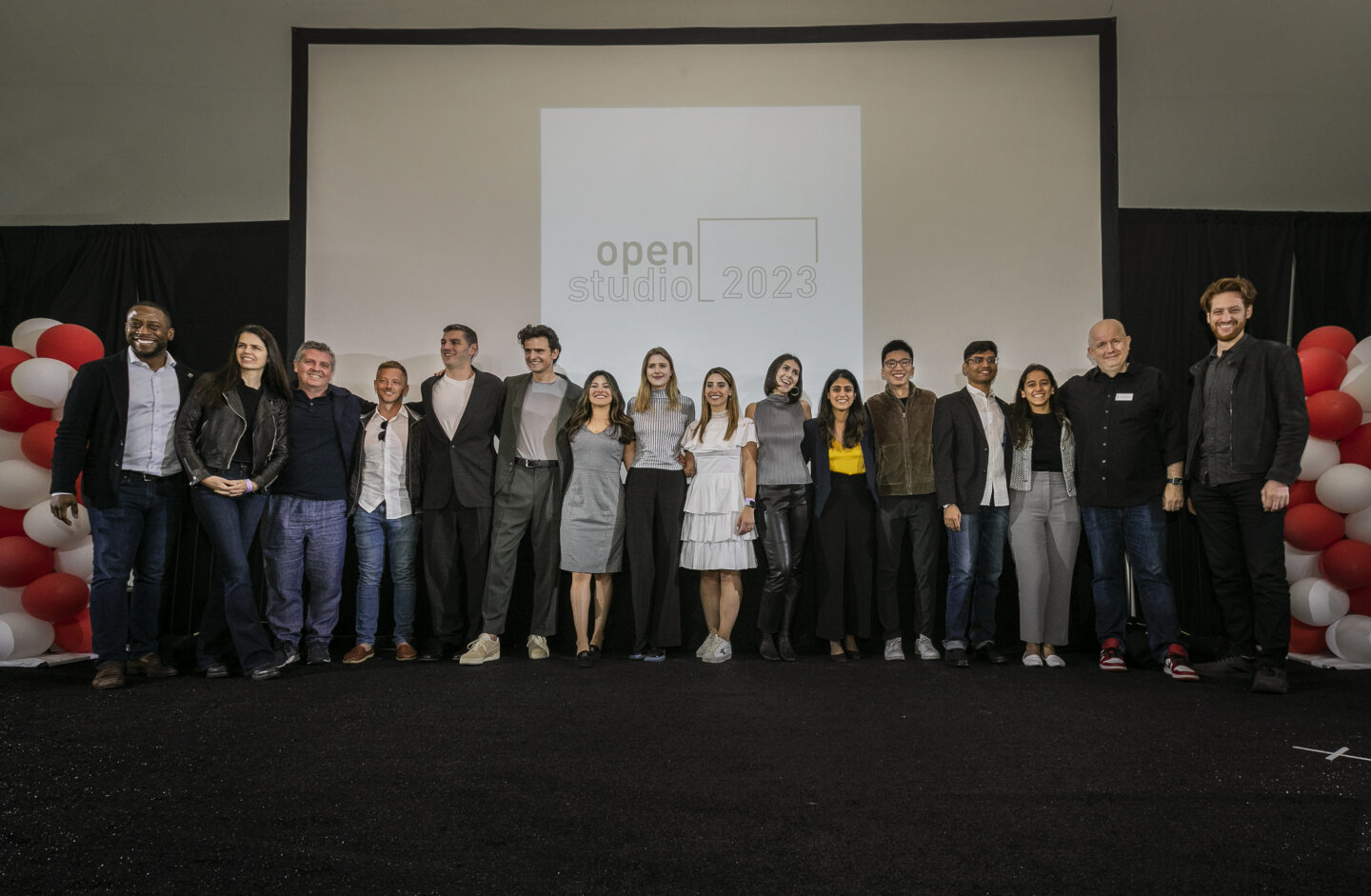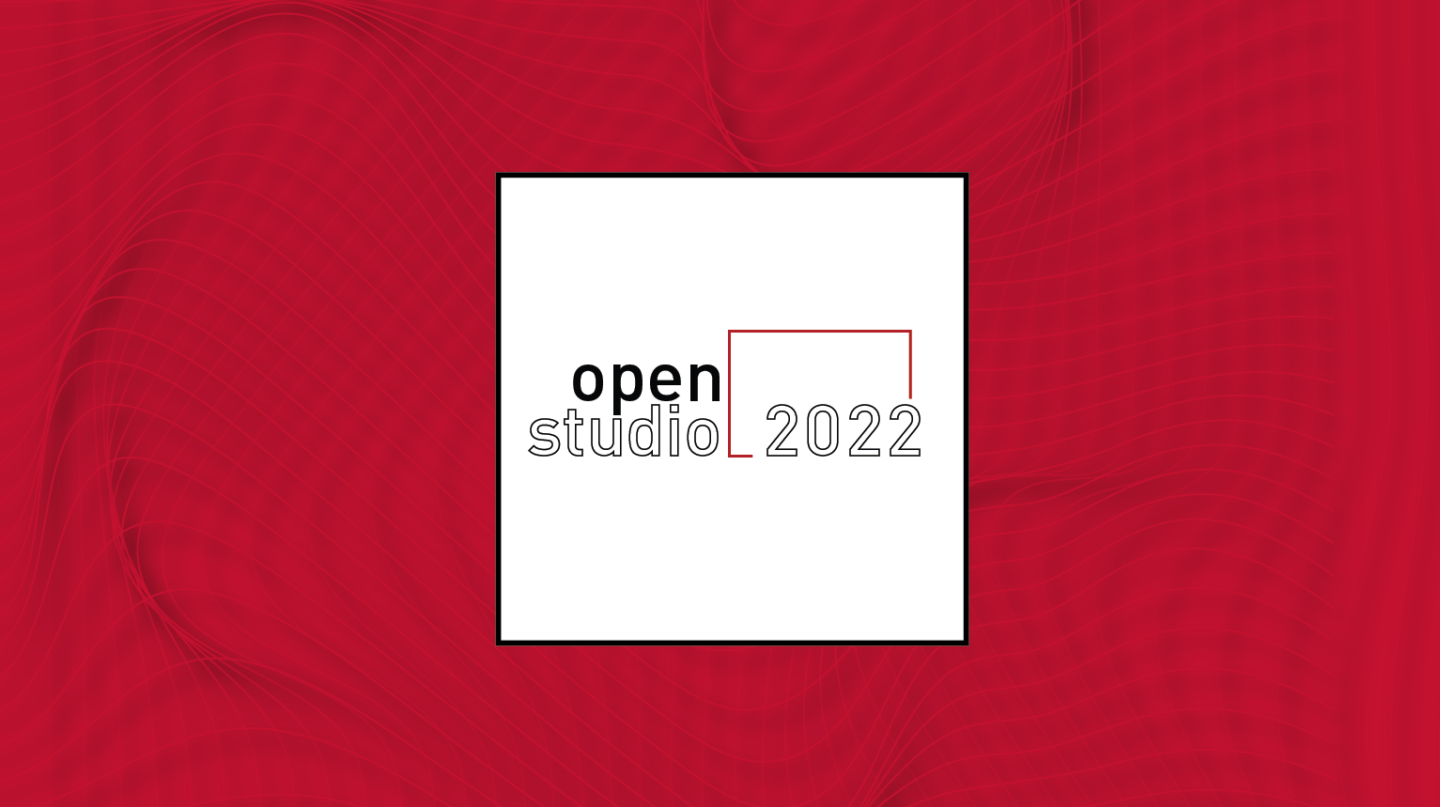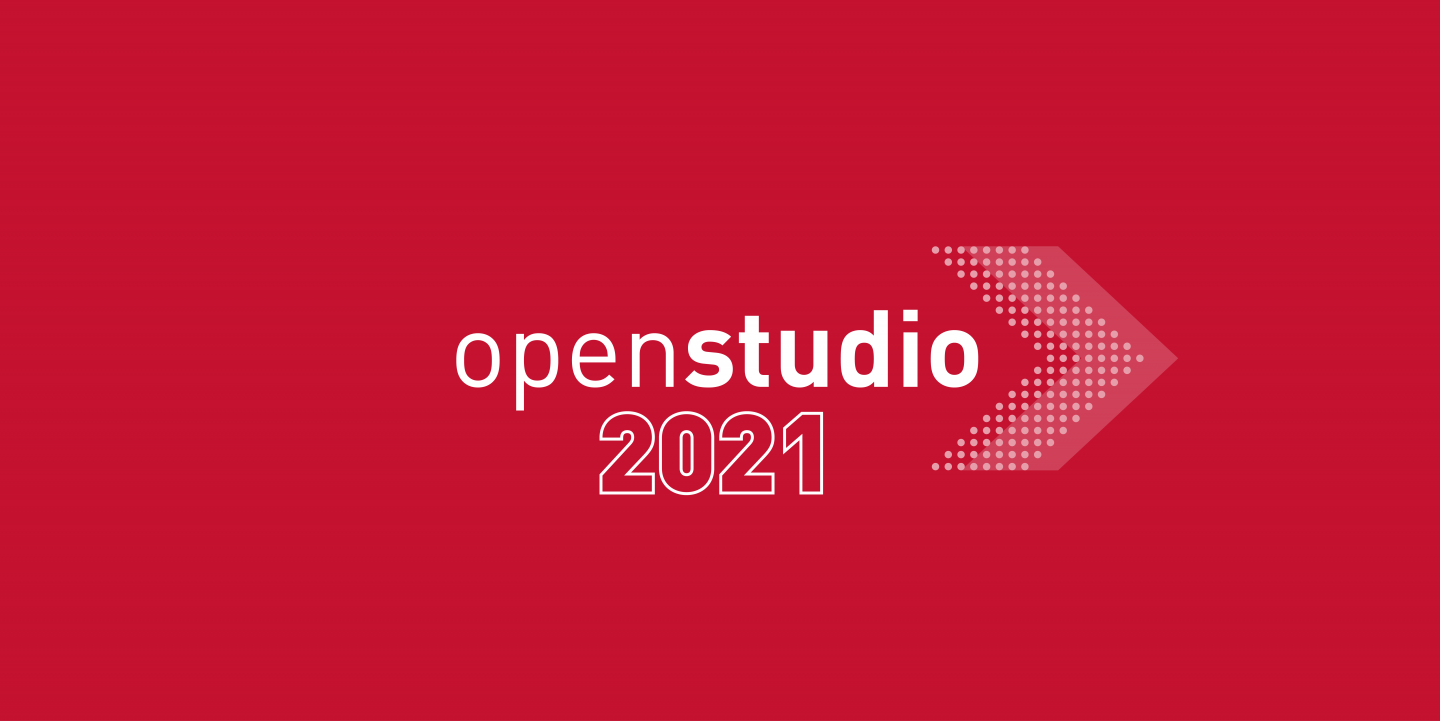Cornell Tech, P.S./I.S. 217 Unveil Groundbreaking Computer Science Program
Categories
Program Marks Unique All-School Approach to Learning and Incorporating Computer Science in NYC School’s Curriculum
NEW YORK – Cornell Tech, New York City public school P.S./I.S. 217 and Councilmember Ben Kallos today unveiled a groundbreaking three-year program that will enable teachers at Roosevelt Island’s P.S./I.S. 217 to incorporate computer science (CS) activity across the curriculum. Every teacher in the K-8 school will receive professional development training, after which they will devise and implement CS lesson plans covering every student in every grade. The program is part of an ongoing partnership between Cornell Tech and the New York City Department of Education to make computer science instruction available to public school students.
Beginning in January, every teacher at the school will meet with a CS education consultant to learn specific ways to introduce students to coding and the broader digital universe. The consultant will work specifically with 4th-8th grade teachers to design actual lesson plans. Similarly, Cornell Tech Senior Director of K-12 Education Diane Levitt will work with K-3 teachers to incorporate computational thinking with the school’s youngest students. The program will also partner with the Museum of the Moving Image to design two lessons for Grades 4-8 focused on game design and digital media. This teacher education is in addition to a six-week introduction to CS that every P.S./I.S. 217 program teacher has already received.
“Cornell Tech is thrilled to expand its partnership with P.S./I.S. 217 as part of our broader commitment to enriching tech education for New York City public school children,” said Cornell Tech Dean Dan Huttenlocher. “Helping teachers learn creative ways to incorporate computing into their classrooms benefits not only our students but our city.”
“This is a great opportunity for P.S./I.S. 217 to integrate computer science into all its classrooms and expand students’ horizons,” New York City Schools Chancellor Carmen Fariña said. “As New York City brings computer science education to all students by 2025, we will continue to partner with Cornell Tech and other higher education and community partners in this critical work.”
“We want teachers to have the computing content knowledge to be able to to help students become digital creators. We think this starts with building teachers’ expertise and comfort and then moving with them into developing curriculum and teaching strategies,” said Diane Levitt, Senior Director of K-12 Education at Cornell Tech. “Cornell Tech’s innovative vision and public/private partnerships give us a unique platform from which to transform K-12 computer science teaching and learning in New York City, and across the nation.”
The program, part of an ongoing three year effort to embed CS in every class at the school, will also give P.S./I.S. 217 parents the unique opportunity to partake in their children’s education. As part of the launch, Cornell Tech and P.S./I.S. 217 will co-host an event this evening to lay out for parents the program’s vision and plan. Parents and their children will then participate in a coding workshop where they will design a holiday-themed game, giving parents a first-hand sense of how accessible computer science can be when creatively incorporated into a curriculum.
“Helping our teachers integrate computer science into their curriculum is critical to preparing our students for the careers of tomorrow,” said Councilmember Kallos. “The close relationship between Cornell Tech and P.S./I.S. 217 not only benefits the Roosevelt Island community but also serves as a model for how public and private institutions can work together.”
“To succeed in today’s world, all our kids need access to science, technology, engineering, arts and math education – that’s what STEAM stands for,” said Manhattan Borough President Gale A. Brewer. “Starting with computational thinking and coding in elementary school is a great idea. While we have a long way to go to update our schools in terms of hardware, software and training for staff, partnerships like this one play an important role in filling the gaps. I’m excited to see Cornell Tech investing in the P.S./I.S. 217 school community, and I look forward to a successful Family Coding Night.”
This program is the latest effort by Cornell Tech to extend its mission – developing pioneering leaders and technologies for the digital age – beyond its own campus to a deep engagement with New York City’s public schools. Cornell Tech operates from the premise that every public school student should have the content, skills and strategies to building something digital and personally meaningful.
Since winning the city’s applied sciences campus competition less than four years ago, Cornell Tech’s work has already impacted over 2,200 students and 170 teachers. Last summer, Cornell Tech hosted two summer programs – NYC Generation Tech and Coding Off the Grid – for New York City middle and high school students, building skills in computer science, entrepreneurship, design and more. The school also created and hosts the To Code and Beyond conference, a series of twice yearly invitation-only events convening educators, nonprofit leaders, policymakers and funders to share best practices and address challenges in K-12 tech education. To Code and Beyond is co-sponsored by the NYC Dept. of Education, Google, and CSNYC.
About Cornell Tech
Cornell Tech develops pioneering leaders and technologies for the digital age. Cornell Tech brings together faculty, business leaders, tech entrepreneurs, and students in a catalytic environment to produce visionary results grounded in significant needs that will reinvent the way we live in the digital age. Cornell Tech’s temporary campus has been up and running at Google’s Chelsea building since 2012, with a growing world-class faculty, and about 150 master’s and Ph.D. students who collaborate extensively with tech-oriented companies and organizations and pursue their own start-ups. Construction is underway on Cornell Tech’s campus on Roosevelt Island, with a first phase due to open in 2017. When fully completed, the campus will include 2 million square feet of state-of-the-art buildings, over 2 acres of open space, and will be home to more than 2,000 graduate students and hundreds of faculty and staff.




